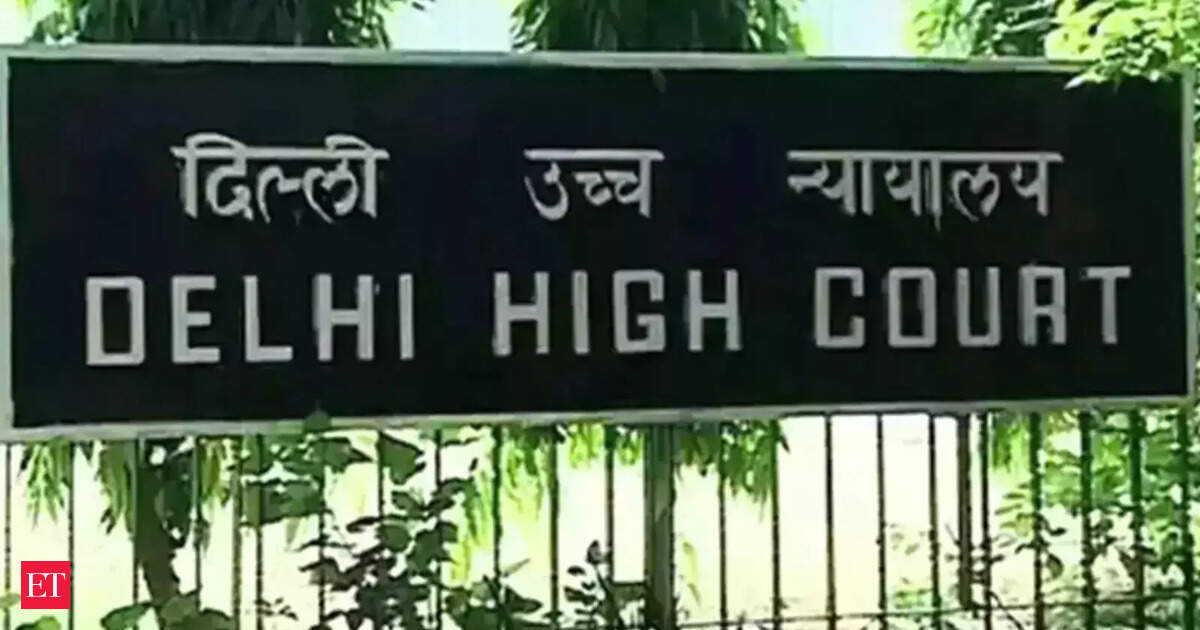Delhi HC Rules Anticipatory Bail Should Be Granted Only in Exceptional Cases

Delhi High Court’s Stand on Anticipatory Bail
The Delhi High Court recently emphasized that anticipatory bail—a legal provision allowing a person to seek bail in anticipation of arrest—should be granted only in exceptional circumstances. This ruling underlines the court’s careful approach to balancing individual liberty and the integrity of criminal investigations.
What Is Anticipatory Bail?
Anticipatory bail is a safeguard in Indian criminal law, enabling a person to seek protection from arrest in cases where they apprehend wrongful or unjust detention. It is governed by Section 438 of the Code of Criminal Procedure (CrPC) and is meant to prevent misuse of power by authorities.
Key Points From the Ruling
The Delhi High Court stated that anticipatory bail should not be treated as a routine remedy. Instead, it is intended for situations where the applicant can demonstrate a credible fear of malicious prosecution or an abuse of process by the police or investigating agencies. The court stressed that mere apprehension without substantial grounds should not justify anticipatory bail.
Judicial Guidelines and Implications
Justice Vipin Sanghi, presiding over the case, highlighted the importance of scrutinizing the facts and circumstances before granting anticipatory bail. The judgment urges lower courts to exercise caution and thoroughly assess the gravity of allegations, evidence, and public interest before extending this relief.
Background and Context
This ruling comes amid rising concerns about frivolous anticipatory bail applications that may hinder law enforcement and delay justice. The court’s decision aims to ensure that anticipatory bail remains a protective legal tool rather than a shield for those attempting to evade lawful prosecution.
Impact on Legal Practice and Public Perception
Legal experts believe this verdict will lead to stricter standards for anticipatory bail applications and encourage responsible usage of this remedy. For the public, it reinforces confidence in the judicial system’s ability to balance personal freedoms with societal interests.
Source: The Economic Times
